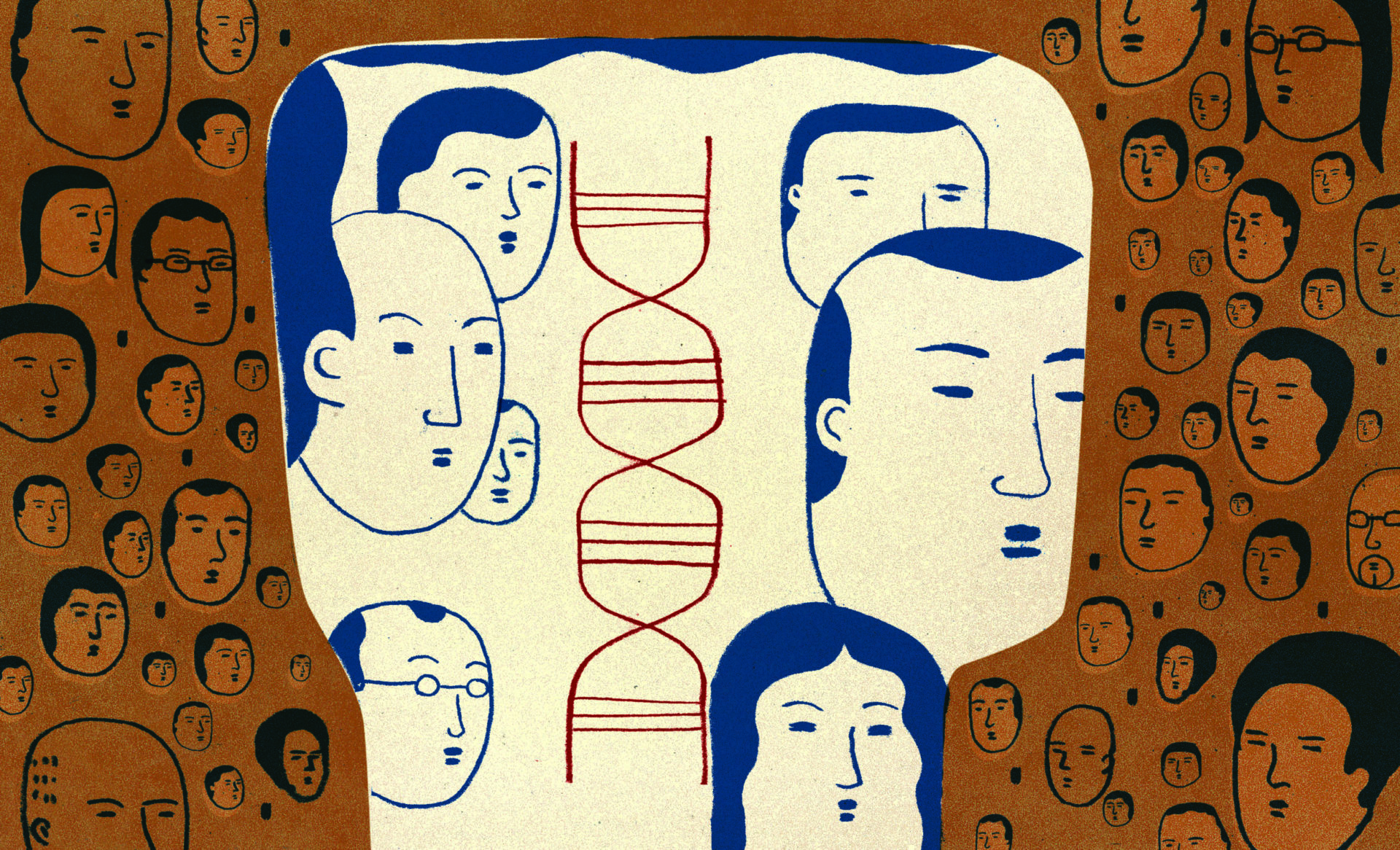Since the start of the Human Genome Project in 1990, we’ve been hearing that genome-fueled discoveries would make it possible to tailor medical treatment to each person, delivering more clinical benefit with fewer side effects or adverse events. What we haven’t heard is that, at least for now, those benefits are going disproportionately to people of European descent.
Some scientists have worried for years that the genome databases underlying precision medicine are primarily populated with data from white folks, with people of other ethnicities seriously underrepresented. This imbalance, they feared, could lead to serious disparities in healthcare, which might compound inequalities already contributing to societal tensions now. But the problem has been little noted by the public and press.
Doctors say those disparities are already here. From genetic testing to genome sequencing, people whose ancestors came from places other than northern or western Europe are getting less accurate results, more incorrect calls, and generally less useful information than their white counterparts. The problem is not dissimilar to how bias has developed in various forms of predictive databases. Those used in facial recognition, for example, often don’t work well for people with dark skin.
“I find it frustrating to have to tell patients that because of their race or ethnicity they have a higher chance of getting results that may be confusing,” says Allison Kurian, a doctor at Stanford University Medical Center. In a recent study of nearly 1,500 patients who got genetic testing to learn their hereditary risk of cancer, she found that non-white patients were more likely to get inconclusive results.
This is, of course, not the first time that medicine has favored white people. Robert Winn, director of the University of Illinois Cancer Center, remembers when Lipitor was introduced to treat high cholesterol. “It was a good drug, except if you happened to be Asian,” he says. It turned out the dose was too high for that particular population, giving patients of Asian descent all the side effects without any of the clinical benefit. Just like Lipitor, precision medicine will work for all populations only when we have a much deeper understanding of what makes each group unique.
Ethnicity-specific data is important for many facets of healthcare; a simple example comes from those growth charts pediatricians use to determine how a child’s height and weight compare with other kids that age. For a kid from Central America, where heights are typically shorter, “you might get overly worried if you plot the height…onto a standard North American growth chart,” says Isaac Kohane, a pediatrics professor at Harvard University.
The precision medicine predicament is similar. “If you study genomics and are trying to determine what’s normal and what’s not normal based on how often you see a genetic variant in the population, that works well except in the cases where the individuals you’re assessing come from different populations than the original studies were done on,” Kohane adds.
Genetic variants aren’t equally distributed around the world. Their patterns reflect the complexities of human evolution and migration. When a group of humans first left Africa tens of thousands of years ago, they took with them only a tiny slice of the genetic variation found in our species at the time. A much broader range of genetic variation remained in Africa.
Today, people of African descent have far more genetic diversity than the descendants of the small groups that migrated to Europe or Asia. As distinct populations settled in different places, they developed more variants specific to those groups. That’s why scientists are pushing to sequence genomes from as many ethnicities as possible. Any individual’s results need to be compared to the most relevant collection of genomic data.
The imbalance we face today was an unintended byproduct of the structure of science. Funding for large genome-sequencing studies has been highest in countries where white people make up the majority. Even in a more diverse country like the United States, minority populations often lack access to the preeminent academic medical centers, which attract the bulk of research funding.
Then there’s the challenge of matching cases and controls, a practice which is the gold standard for a well-designed scientific study. If your standard recruitment protocols already include more Caucasian patients, researchers have to match them with even more Caucasian controls. At the end of the day, sometimes despite the best intentions, it’s common to wind up with studies filled with white people—and results that are most relevant to other white people.
Now that the negative impact of this situation is showing up in doctors’ offices around the world, scientists are feverishly working to level the playing field. At the University of Illinois, Winn is a key recruiter for the All of Us Research Program, an NIH-funded effort promoted by former President Barack Obama to sequence 1 million Americans. The program aims to build up genomic data to reflect the country’s great diversity. Winn’s group has just started, but already more than half of patients enrolled in the program are African-American. “I just don’t think that they’ve been asked to the dance in an appropriate manner [before this],” he says.
Other countries, particularly in Asia, have launched similar projects to capture their own genetic diversity. The projects range from one called GenomeAsia 100K, an effort to sequence 100,000 people of Asian descent, to more targeted initiatives seeking to generate data on very specific populations around the world. The information produced will allow scientists and doctors to more accurately interpret genetic results from people in these ethnic groups.
Kohane at Harvard is hopeful that such efforts will avert major healthcare disparities. “I think it’s literally only a matter of a year or two” before there are enough genomes sequenced to at least lay the groundwork for precision medicine that works for other ethnicities, he says. In the meantime, though, he urges patients not of European descent to question genetic test results by asking their doctors whether the information was gleaned from a relevant population.
Other experts are outright ashamed that the situation could have come to this. Says Nancy Cox, a professor of genetic medicine at Vanderbilt University Medical Center, “Creating health disparities because we have not adequately even surveyed [the relevant population] is not something that scientists should countenance. We just cannot afford to go down that road.”
Welcome to Precision Medicine (If You’re White)
Genomics helps tailor treatment for growing numbers of patients. But it works best for white people, who often already populate databases. How can it become valuable for everyone?

















